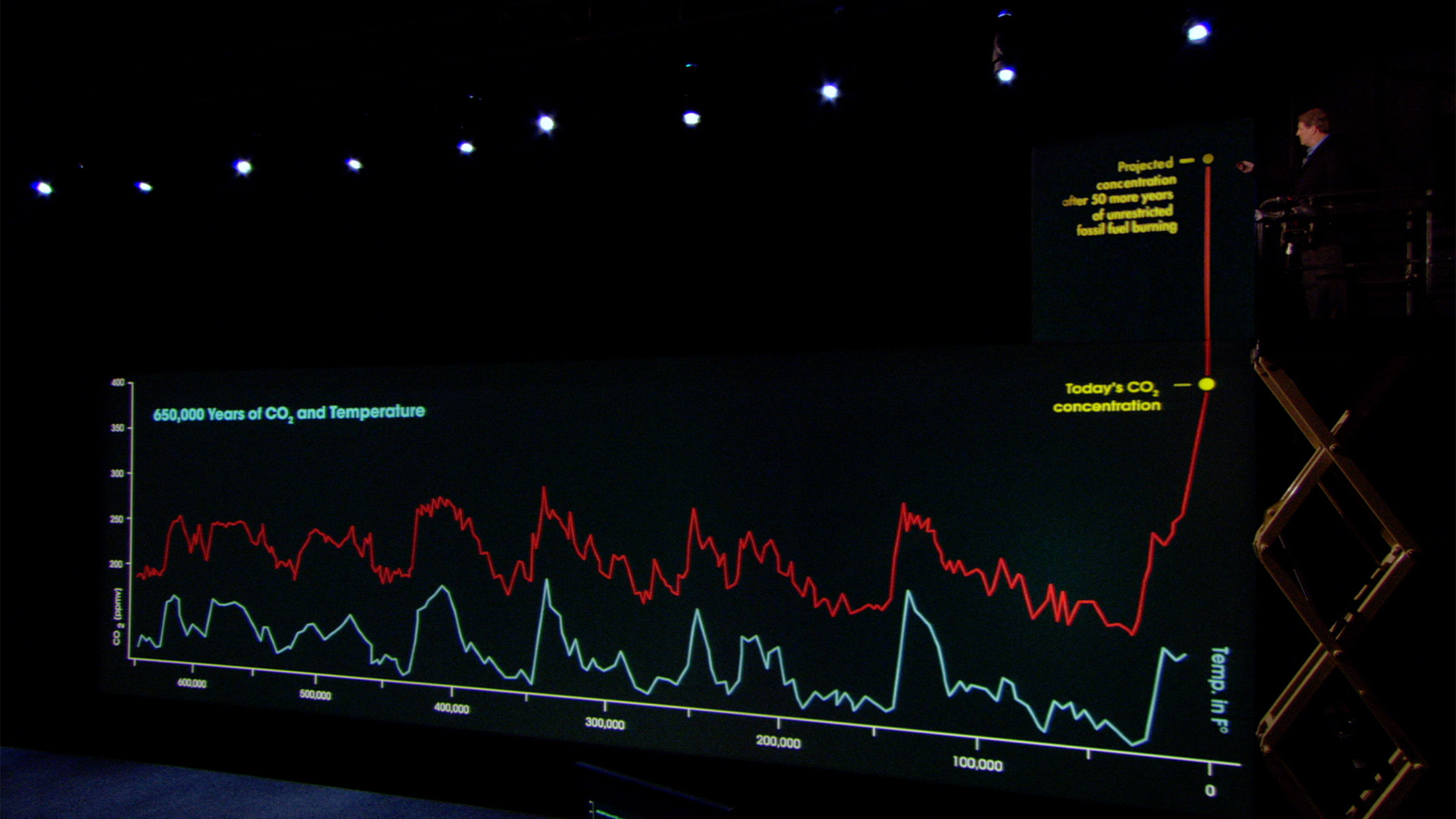
We suggest that these best practices provide the foundation for a national CDPM strategy and argue that the FPT mandate for wait times be expanded to encompass CDPM and result in "care guarantees." We conclude with a high-level preliminary analysis of costs and benefits of this strategy to transform CDPM in Canada. We then review and provide examples of several best practices in CDPM. We begin this paper by highlighting some of the facts behind this inconvenient truth. The rhetorical devices used in this film are the key element that Gore uses to grab the viewer’s. In 2006, this story was made into a motion picture, titled An Inconvenient Truth. A national strategy on chronic disease prevention and management (CDPM) that leverages the federal, provincial and territorial (FPT) response to wait times will not only transform chronic illness care but also help to ensure the sustainability of our healthcare system. The intelligent, charismatic Al Gore travels the world sharing his compelling and cautionary story of the threat the earth and all of its creatures face in global warming. This quality gap not only results in significant preventable morbidity and mortality but also lengthens wait times for healthcare services and threatens the sustainability of our healthcare system. A growing body of evidence highlights the significant gap between recommended care and actual care received for those at risk for or living with chronic illnesses.

'It is now clear that we face a deepening global climate crisis that requires us to act boldly, quickly, and wisely,' said Gore.


Canada's initial success at shortening wait times will not transform our healthcare system unless it is matched with equal success in the prevention and management of chronic diseases. An Inconvenient Truth is not a story of despair but rather a rallying cry to protect the one earth we all share.


 0 kommentar(er)
0 kommentar(er)
